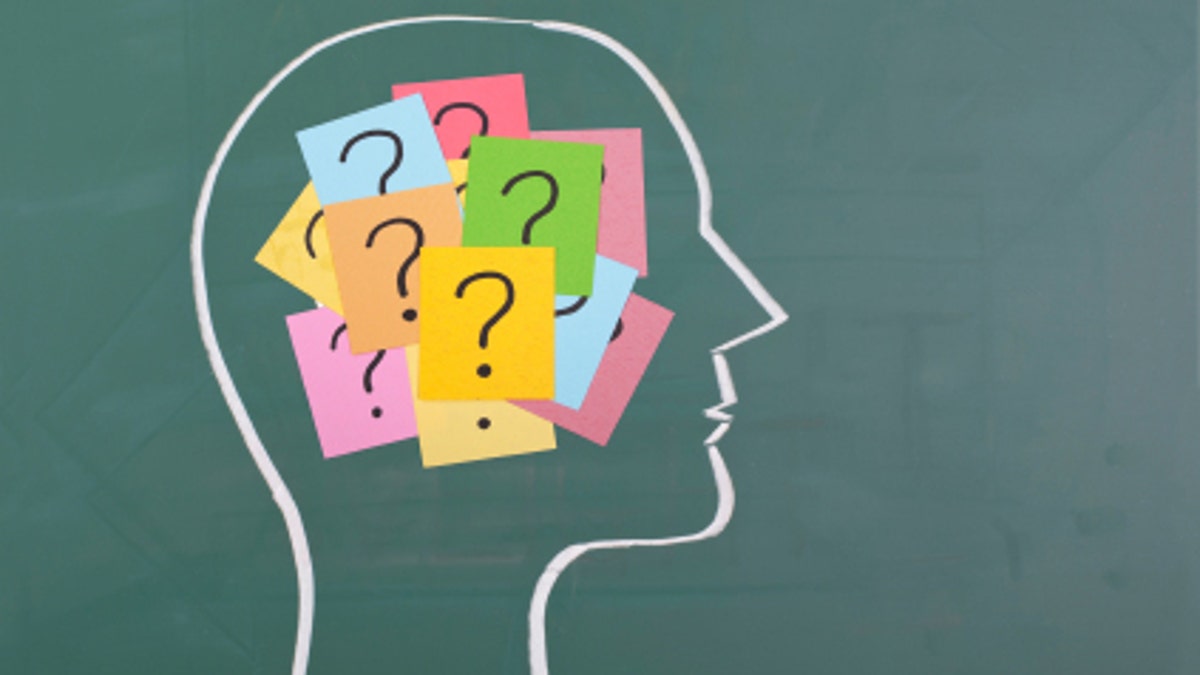
Scientists believe that a simple brain trace known as an EEG may be capable of detecting autism in children as young as two years old, the BBC News reported.
Because autism is considered a spectrum disorder, it has many different forms and affects people in very unique ways – thus making it difficult to detect.
But a team of researchers from Boston Children’s Hospital say that the EEG traces – which use scalp electrodes to record electrical signals in the brain – have the ability to offer an autism diagnostic in children of very young ages.
In a trial of close to 1,000 children, the researchers ran EEG traces on those with autism and those without. After repeating their analysis 10 times and splitting the children up into different groups, they were able to identify 33 specific EEG patterns that consistently spotted autism in children of the various groups.
Overall, the EEG tests were able to identify children with autism 90 percent of the time, according to BBC News.
The team hopes to repeat their test to focus on the autism subgroup, Asperger’s syndrome. They also believe their research could also be used to determine if younger siblings of children with autism have a higher chance of developing the disorder.








































